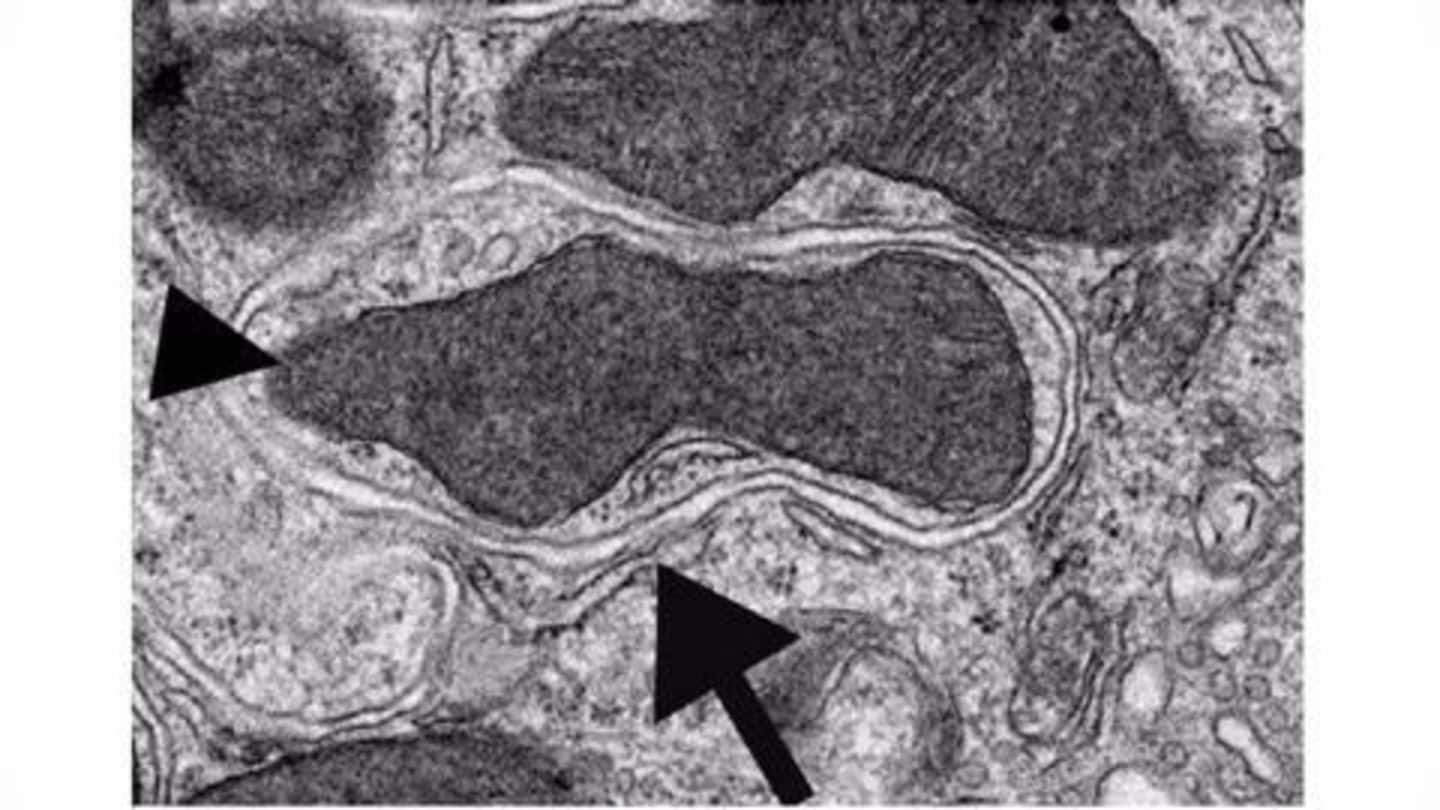
Autophagy - the vital cellular self-cannibalism act
What's the story
The '2016 Nobel Prize in Medicine' winner and Japanese cell biologist Yoshinori Ohsumi's studies shed light on the autophagy process. The process promotes cell renewal and eliminates damaged proteins in organelles; it is a self-devouring act that detoxifies the system and recycles waste to maintain good health. Experts say the vital cellular function could be in triggered three ways - diet, fasting and exercise.
Introduction
What is Autophagy?
The term 'autophagy' is derived from the Greek language which means "self-eating" (auto - self, phagein - eating). It is a normal physiological process in human body dealing with the destruction of cells; it is an internal recycling process. The process maintains homeostasis (normal functioning) by hunting down damaged cells and using their useful organelles to either generate energy or form new cells.
Information
Recycling process
The concept of autophagy emerged in the 1960s when scientists first observed that a cell could destroy itself by enclosing it in membranes and form sack-shaped vesicles, which were transported to lysosome - a recycling compartment for degradation.
03 Oct 2016
The 2016 Nobel Prize in Medicine
The 2016 Nobel Prize in Medicine was awarded to Japanese cell biologist and autophagy specialist Yoshinori Ohsumi for his discoveries in the autophagy field. He identified 15 genes in yeast mutants essential to autophagy and published results. Very little about autophagy was known until the early 1990s when Yoshinori Ohsumi used baker's yeast to recognize and label genes important for the physiological process.
Information
Autophagy and stress
Autophagy enables cells to survive external stress like nutrient deprivation along with allowing them to withstand internal stress like damaged organelles, pathogen/infective organism invasion. The process is observed in all eukaryotic systems that include fungi, plants, insects, and humans.
Mechanisms
Critical quality control mechanisms
Autophagy helps in rapidly providing fuel for energy and building blocks for cellular renewals and is essential for cellular response to various types of stress. Autophagy can eliminate intracellular bacteria and viruses that invade after an infection. It also contributes to cell differentiation, embryo development, elimination of damaged proteins/organelles, and several other quality control mechanisms that are critical for counteracting adverse consequences of aging.
Disruption
Failure of autophagy linked to old age disorders
Disruption of autophagy in the cells can lead to several diseases, including Type-II Diabetes, Alzheimer's disease, and Parkinson's disease, that appear in the old age. Mutations in autophagy genes can lead to genetic diseases; disturbances in the process have also been linked to cancer. Autophagy regulates vital cell functions; hence the failure of the process is associated with cell aging and old age disorders.
Information
Efforts to develop autophagy-stimulating drugs
Efforts to develop drugs that can target and stimulate autophagy and treat diseases are on. Yoshinori Ohsumi's research led to a better understanding of several diseases. His studies resulted in a new method of understanding the cellular recycling.
Triggers
Autophagy triggers - diet, fasting and exercise
Diet high in protein and carbohydrates can suppress and disrupt the autophagy process; experts recommend protein intake based on the body weight to avoid adverse effects. According to Ayurveda, there is a link between autophagy and fasting; intermittent fasting (for 12-16 hours twice a month) can activate autophagy and improve healing and immunity. Also, the stress on our body during workout stimulates autophagy.